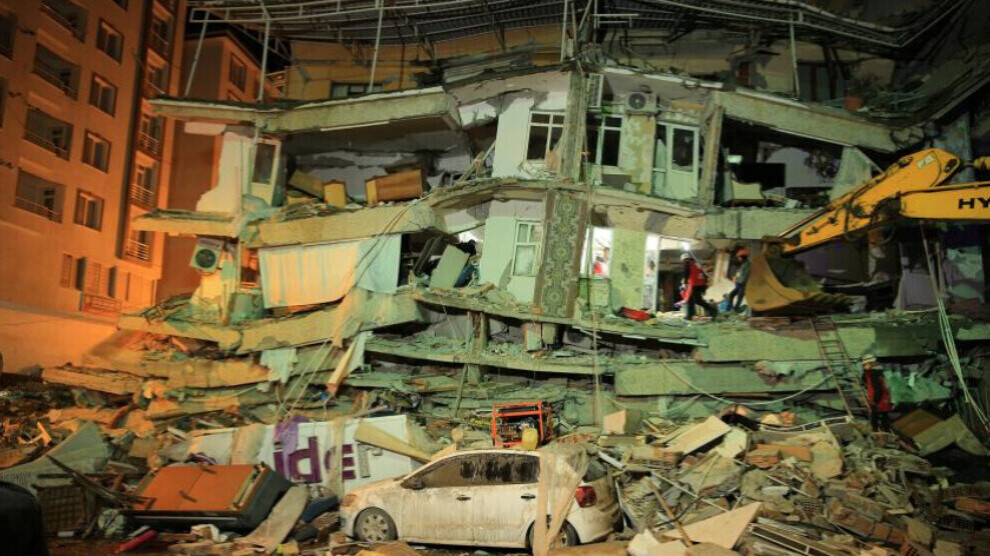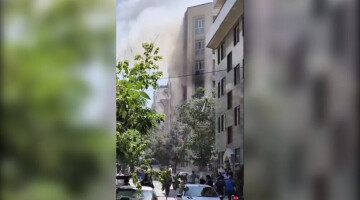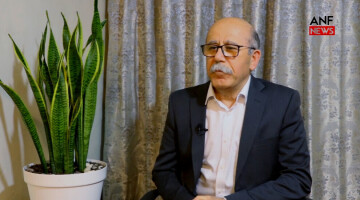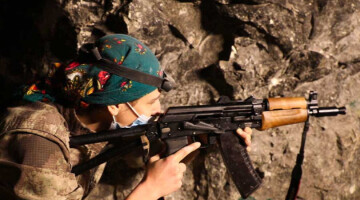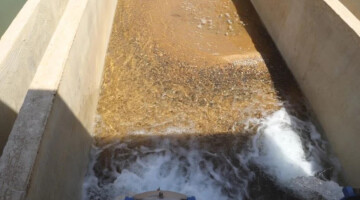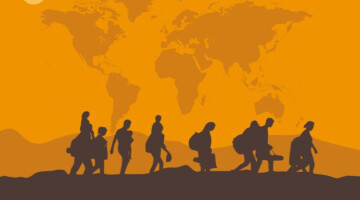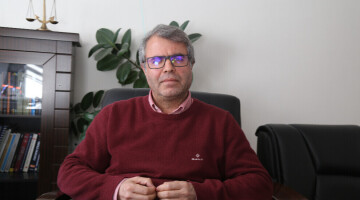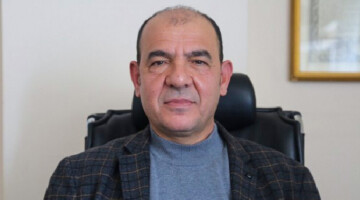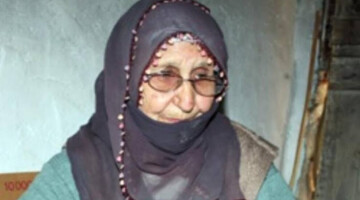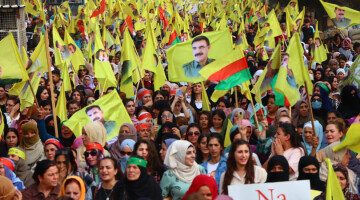Following the massive destruction caused by the 6 February earthquakes in North Kurdistan, millions of people had to leave their hometowns. In an interview with ANF, the Islamic Community of Kurdistan (CIK) Chair Hafız Ahmet Turhallı remarked that the temporary migration due to the earthquake destruction in Kurdistan is understandable, but this should be directed to other cities of Kurdistan. He suggested that solidarity should continue in an organized manner in order to prevent the migration and to ensure further delivery of aid materials.
Turhallı said that the actual death toll and property damage were much higher and more severe than the official figures. He noted that the psychological destruction also massively affected the earthquake victims.

Turhallı remarked that the temporary migration to other cities due to the earthquake is quite normal, yet it should not become permanent. He stressed that this temporary migration could be directed to other cities of Kurdistan. “People should never leave their hometowns. Political and civil organizations in the quake-hit cities should raise awareness and guide people to do so. Solidarity should be organized accordingly. Wherever our people go, they will have to start a new life. However, they should be informed about the difficulties of a new life. It would be more logical and easier for them to stay on their own land and put things right again. There will be financial and moral difficulties in the event of migration. We should certainly inform our people about the challenges.”
MIGRATION IS NORMAL BUT RETURNS SHOULD BE ENCOURAGED
Turhallı said: “Let's build our life in our own towns. It's normal for them to migrate, but they should come back. One should not leave one's parent’s lands. Now we need to build a new life knowing that earthquakes are a part of our lives. Leaving one's land means breaking with one's roots. It's not just about financial issues. People may become disconnected culturally and spiritually.”
GREED FOR PROFIT IS NOT HUMANE
Turhallı remarked: “We should work here to establish temporary sites to provide basic needs. We should supply more tents and containers. We should use every means available to stop the migration to other provinces. This is a long-term undertake. Maybe these wounds will not heal for years. Solidarity should be promoted within society. We need financial and moral solidarity. The earthquake victims who are migrating to other cities are subjected to skyrocketing prices. For example, rents keep increasing. Amid a devastating earthquake, the greed to make profit is neither humane nor Islamic. This is our call to our people: do not tolerate such misbehaviours that will undermine the benevolence, solidarity and unity in our society. Let's maintain the sense of community and cooperation and continue to help our people.”
DISASTER RELIEF IS A HUMAN DUTY
Turhallı continued: “It is a social and human duty to protect people who lost their homes and properties as a result of earthquakes. Political parties and non-governmental organizations have a role to play on that score. Our society should unite around these institutions and help the earthquake victims. When such disasters happen, people have responsibilities. We will undertake responsibility as well. This earthquake has taught us a painful lesson. We need to warn people about this and raise awareness. It came out in the last earthquake that administrators may have malicious intentions.”
GOOD DEEDS, BAD ADMINISTRATORS
Turhallı emphasized that social solidarity was promoted in an unprecedented manner, people living in Europe took care of disaster victims quickly through good organization, and this was promising for the future. He added: “God tells us to show solidarity in good deeds. The earthquakes have shown how good people were united in promoting goodness. It has also shown how bad people blocked relief efforts. We have seen the fact that society is polarized on this issue. Most people want to do good deeds. Yet, we've seen bad ones, too.”

